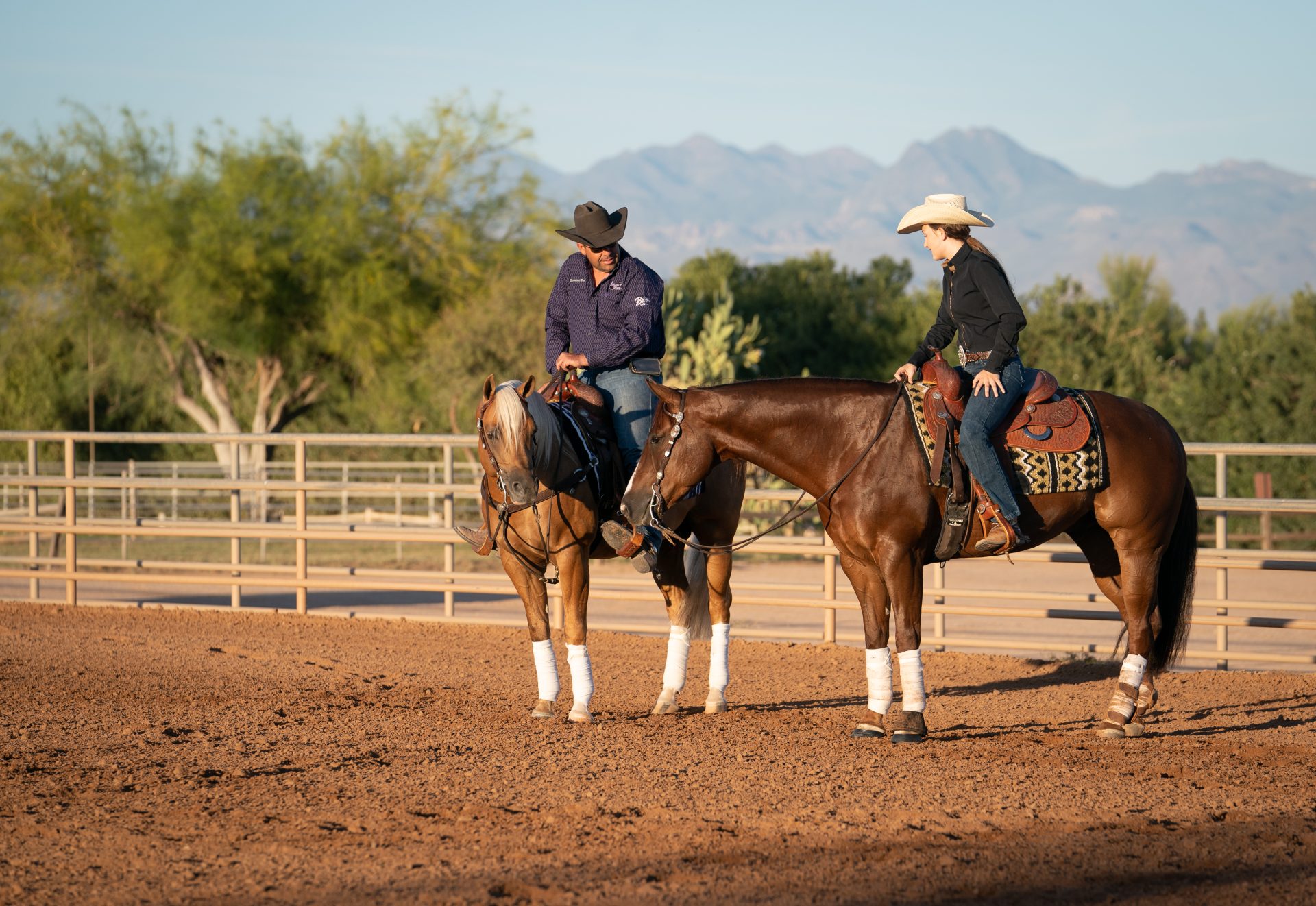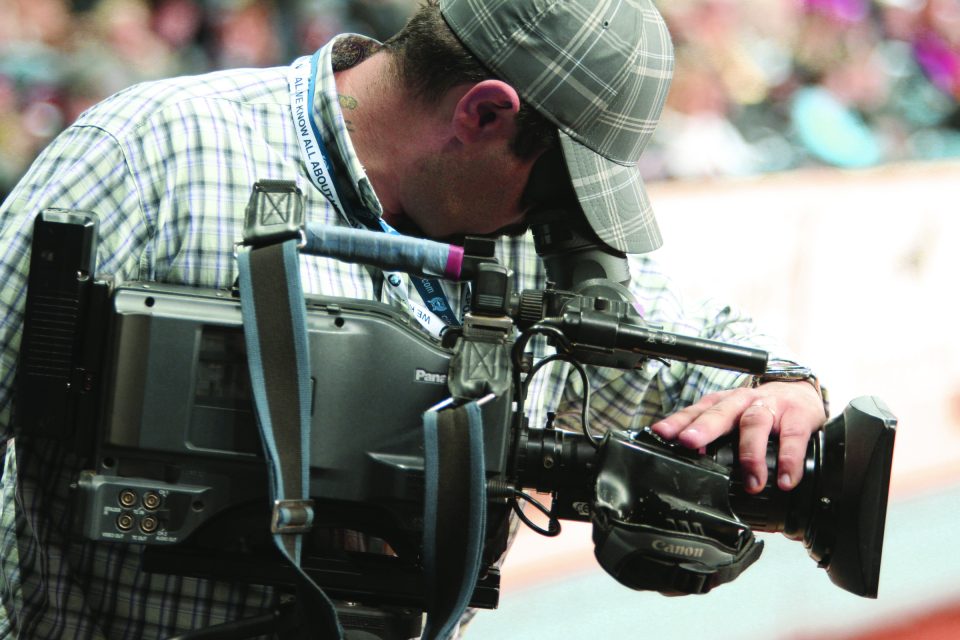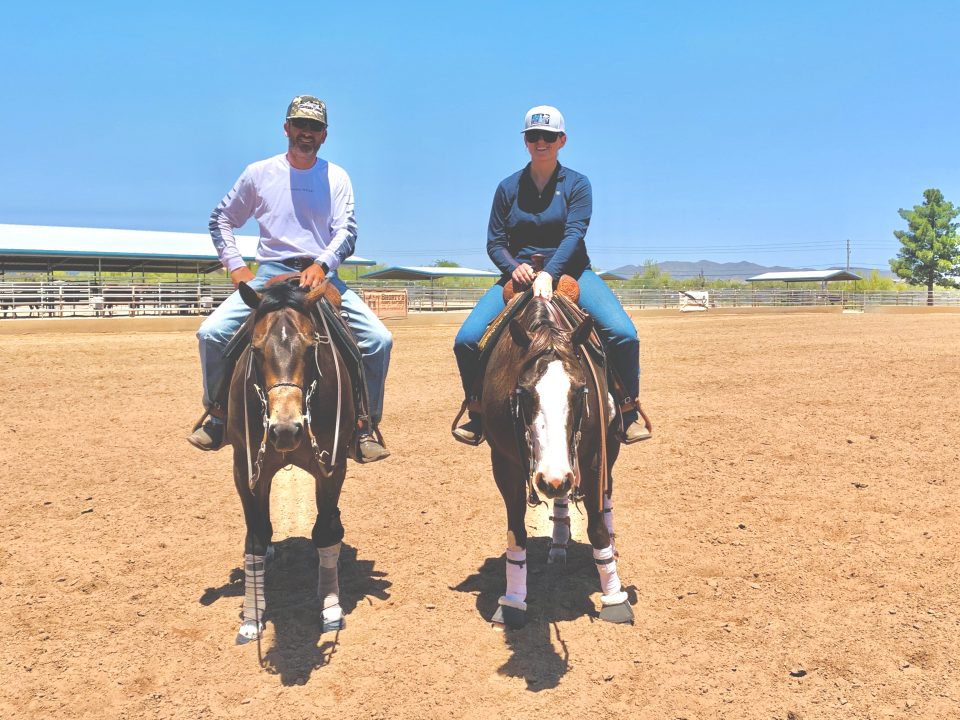How to handle the wide variety of moods your non pros might have while competing.
By Megan Arszman

Working with a non pro isn’t necessarily an easy task, especially when it’s also with a horse. The title “non pro” can run the gamut of almost every level of rider imaginable. There’s the non pro who has an excess of $500,000 in lifetime earnings and has been competing for years on aged-event horses. Then there’s the non pro who just started out in reining and can barely
remember a pattern, but they’re enjoying their horses and their time in the saddle. Some non pros want to be competitive every time out and add to their collection of bronzes; some non pros might just want the experience and don’t concern themselves with the “winning is everything” mentality.
Because of the vast difference in experience and passion for competition in the non pro ranks, you’ll probably run into a few different personas of the non pro in your professional career. And how you deal with the multiple personalities of a non pro can make or break your own career.
In this series, we’ll cover six common types of non pros, and the best advice for giving them a memorable, positive experience at the Futurity and any horse show, provided by veteran NRHA Professionals Carol Metcalf, Sam Smith, and Robin Schoeller.
PART 2: FATHER/MOTHER/SPOUSE WITH GOOD INTENTIONS
PART 5: WAY-TOO-BIG-DREAMS DARCY
FATHER/MOTHER/SPOUSE WITH GOOD INTENTIONS
Young Yvonne is making her first ride in the youth aboard her gelding, GunnaSpendDaddysMoney. There’s a lot riding on what Mom and Dad have been spending their hard-earned money on, and that adds pressure to everyone…including you. Sometimes it’s like there is more than one trainer in the stands, and that can add to Yvonne’s stress and pressure.
SOLUTION: “I think in those kinds of situations, you have to confront the parents or spouse head-on and explain to them that their job is to support their child/spouse, no matter what happens. It’s my job to do the rest,” explains Metcalf. “I’ll tell them, ‘OK, it’s time for you to go sit in the stands.’”
Metcalf also has a rule that the parent/spouse is not the first one at the back gate when the rider comes out.
“A lot of parents want to be there to tell their child what they did wrong, and a lot of times we need to have many conversations with parents,” she says. “Be happy for them when they win, pick them up when they lose, kick them in the butt whenever they need it, but don’t interfere with the mechanics of training.”
Set the ground rules for these supporting figures early in the year, and make sure you stand by them at every show so everyone is used to how you manage and train. Be sure to keep an open dialogue with everyone involved, and be honest in your expectations of behavior.
Learn about the many other personality types and how to help them get the most out of their show by clicking the links at the beginning of this article.



